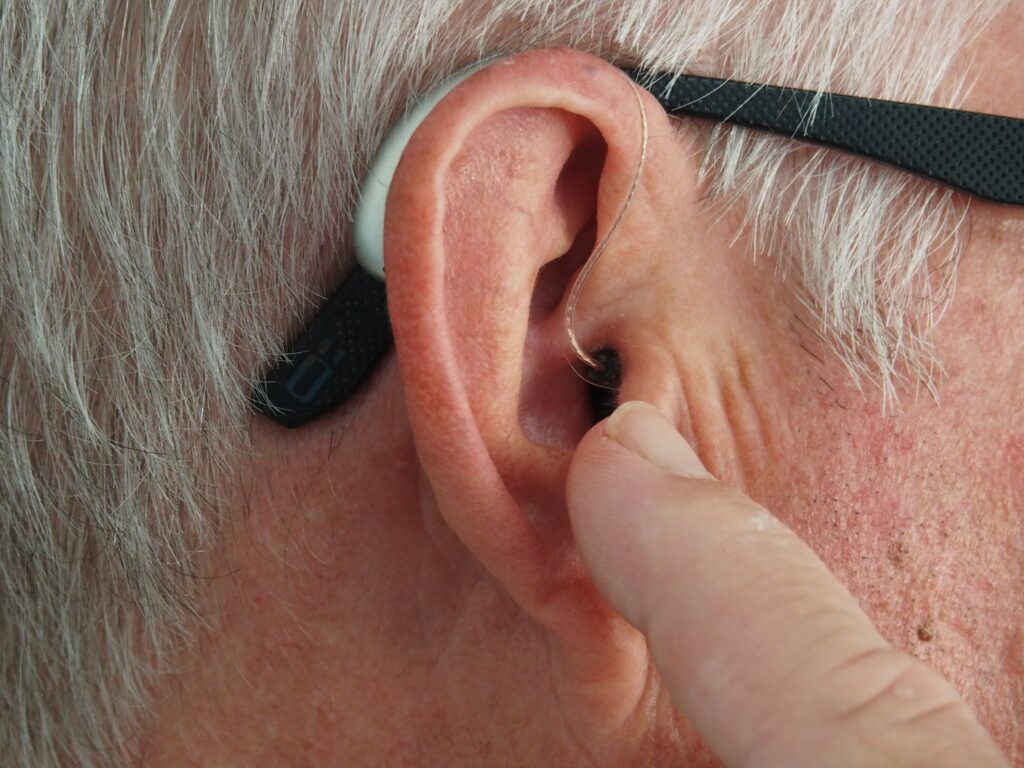Untreated hearing loss has been linked to a higher level of depression, cognitive decline, dementia, falls, visits to the emergency room, and hospital stays. Despite this, says an article from ncoa Adviser, “Financial Assistance for Hearing Aids: A Complete Guide for Older Adults,” fewer than 15% of adults who need hearing aids use them, and the average person takes nearly nine years to go about getting a pair after being told they have hearing loss.
Part of the reason for the delay is financial. Resources for getting hearing aids vary from state to state, and even county to county, which can be confusing. Here’s how to get started.
First, check with your health insurance company to see what’s covered and ask about additional services. You’re not just buying an appliance. Hearing aids require activation and fitting, and other unexpected out-of-pocket costs may occur. Sometimes the easiest way to verify insurance is to have a hearing aid clinic check into it.
Except in five states—Arkansas, Connecticut, Illinois, New Hampshire, and Rhode Island—insurance providers are not required to cover hearing aids as part of health care for adults. Medicare Parts A and B don’t cover the cost of hearing aids or fitting exams. Still, Medicare Part B covers hearing and balance exams ordered by a doctor and an annual audiology appointment to evaluate hearing loss. Whether or not Medicare Advantage, aka Medicare Part C, provides coverage depends upon the plan.
Medicaid coverage varies by state and plan. Many people with Medicare and Medicaid can sign up with select insurance companies and get coverage at no additional cost, but the coverage varies. Also, the quality of the hearing aids may differ.
Active duty military service members and family members diagnosed with hearing loss meeting the coverage criteria may be eligible to receive hearing aids through a TRICARE-approved provider. For veterans, the VA has hearing aid benefits. They should reach out to their local office or representative. The VA website has information on how to apply for VA hearing health care and find the nearest provider.
Federal employees of the American Federation of Government Employees (AFGE) have access to discounted hearing aids, including a free hearing exam, discounted hearing aids, and aftercare support.
Those with mild to moderate hearing loss can now consider over-the-counter hearing aids. Note that the cost of the device you are buying is a third of the price. The rest of the costs are services, so be sure what services are bundled into the offerings. Instead of relying on online reviews, research trusted sources. You’ll want to clearly understand the return policy, warranty coverage for damage and loss, and customer service.
Reference: ncoa Adviser (July 2, 2023) “Financial Assistance for Hearing Aids: A Complete Guide for Older Adults”

